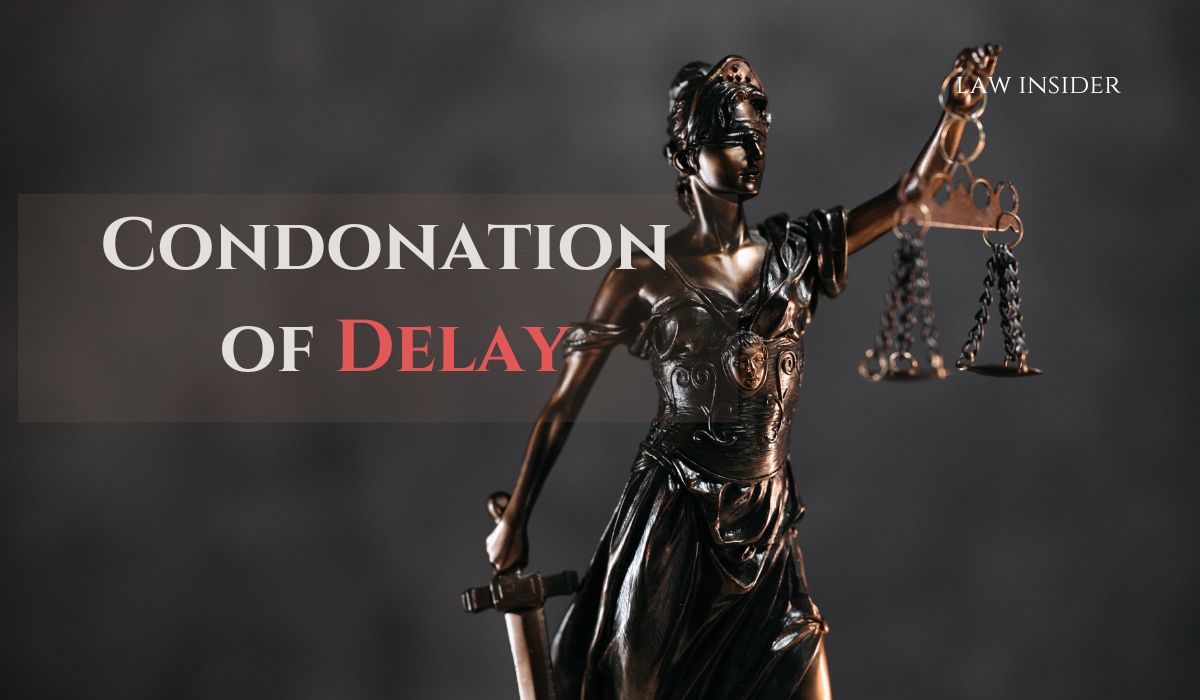LI Network
Published on: December 29, 2023 at 11:46 IST
In a recent ruling, the Jammu and Kashmir and Ladakh High Court underscored that the term “sufficient cause” in Section 5 of the Limitation Act should not be expansively construed merely because a government department is seeking an extension for condonation of delay.
Justice Javed Iqbal Wani, presiding over the matter, asserted that government departments are equally bound by the constraints of the law of limitation and must furnish compelling and credible explanations for any delays incurred.
The judicial pronouncement came as the court dismissed an application seeking condonation of a 65-day delay in filing a review petition filed by the Union of India.
Background of the Case:
The case originated from a writ petition filed by Jagjeet Kour, who sought a compassionate appointment following the demise of her husband, a Union of India employee.
In response, a single bench of the High Court had directed the Union to provide a compassionate appointment to Kour within four weeks. However, the Union, aiming to challenge this order through a review petition, submitted the plea 65 days beyond the stipulated limitation period.
The Union contended that administrative processes, such as record collection, legal advice, and inter-departmental consultations, contributed to the delay. Additionally, they argued for a more lenient approach towards government departments in matters of condonation of delay.
Court’s Observations:
Justice Wani, after careful examination of the application seeking condonation of delay, emphasized the imperative application of the law of limitation, even in cases involving government entities. The court referred to several precedents, including the significant case of “P. K. Ramachadran v. State of Kerala,” stressing the need for a valid and convincing cause for condoning delays.
Expressing dissatisfaction with the explanation provided, the court noted that it lacked specificity regarding the receipt of the order, the consideration of the matter at various levels, and the timing of legal advice sought and obtained. Justice Wani pointed out that the explanation presented was neither plausible nor sufficient to warrant the condonation of the delay.
The court recorded, “The explanation offered in the application per-se is casual and cryptic, and even the affidavit accompanying the application in support thereof is having filled-in blanks and manifestly a stereotype one.”
Consequently, the Court dismissed the application seeking condonation of delay, leading to the subsequent dismissal of the accompanying Review Petition.
Case Title: Union of India Vs Jagjeet Kour.

